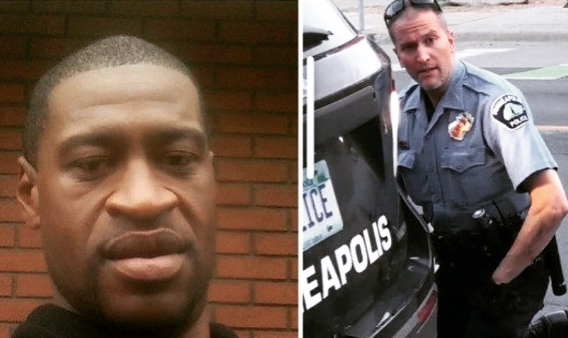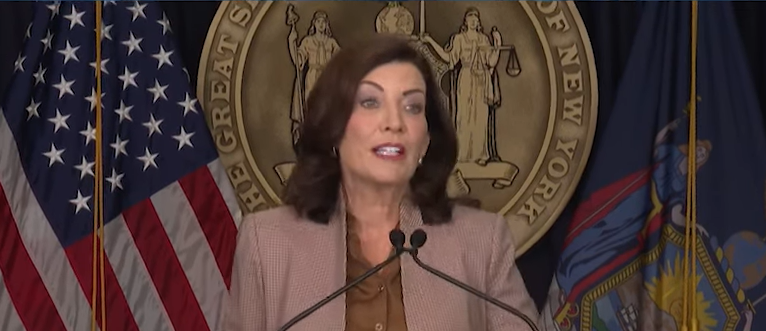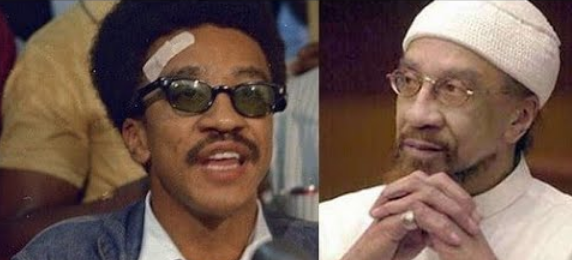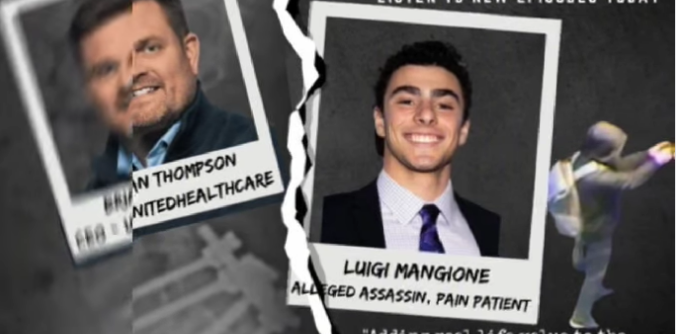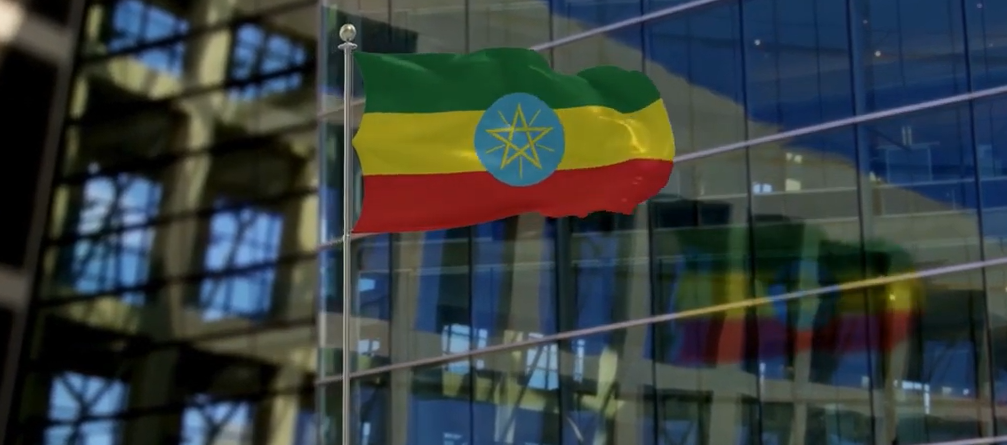Photos: YouTube\Twitter
A judge has sentenced former Minneapolis police officer Derek Chauvin to 22 ½ years for the murder of George Floyd.
Ben Feist, chief programs officer of the ACLU of Minnesota issued the following statement on Friday after the sentencing of Derek Chauvin:
“Today, for the first time in state history, a white officer will face prison time for murdering a Black man. While this may help heal our grieving community, this rare moment of consequence for killings by police does not represent justice. Justice is about more than a single sentence or a single verdict: Justice would mean George Floyd was still alive today with his daughter, his girlfriend, his family, and his community.
“The systems that led to Mr. Floyd’s murder by police are still intact, and police are still on track to kill 1,000 people this year. We must redouble our efforts to end police abuse of power, disparate treatment, and excessive force against Black and Brown communities, looking to models like the system emerging in Brooklyn Center. We must re-examine our entire system of public safety and public health, and root out the racism that pervades law enforcement. And we must remove police from low-level enforcement and divert money toward community-based services such as crisis-response teams.
“It is time for our elected officials to work with our communities, activists, and organizers to ensure all people are truly safe, no matter where they live or what they look like. It is time for us all to work together to achieve racial justice in Mr. Floyd’s name.”
Somil Trivedi, senior staff attorney at the ACLU’s Criminal Law Reform Project, also issued a statement saying:
“To honor George Floyd’s memory, we need much more than a single sentence for a single officer when more than a thousand deaths came at the hands of police last year. The systems that allowed Chauvin to murder Mr. Floyd largely remain intact today, despite the most extensive public uprisings in American history, demanding change.
“One only need look a few miles away from Minneapolis for a lesson in how to reduce the unnecessary — and unnecessarily violent — police contact that took the lives of George Floyd, Breonna Taylor, Eric Garner, and countless others. In Brooklyn Center, Minnesota, where Daunte Wright was killed during a needless traffic stop, officials have passed a sweeping re-imagination of public safety that embraces more effective alternatives, such as non-police crisis response teams, ticket-only policies for low-level offenses, and removing armed police officers entirely from situations in which mental health crises and small transgressions escalate into violence and death for Black, Brown, disabled, and low-income communities. Criminal law is a poor substitute for systemic change. By making structural changes and reinvestments like these across the nation, we can truly honor the life of George Floyd.”
